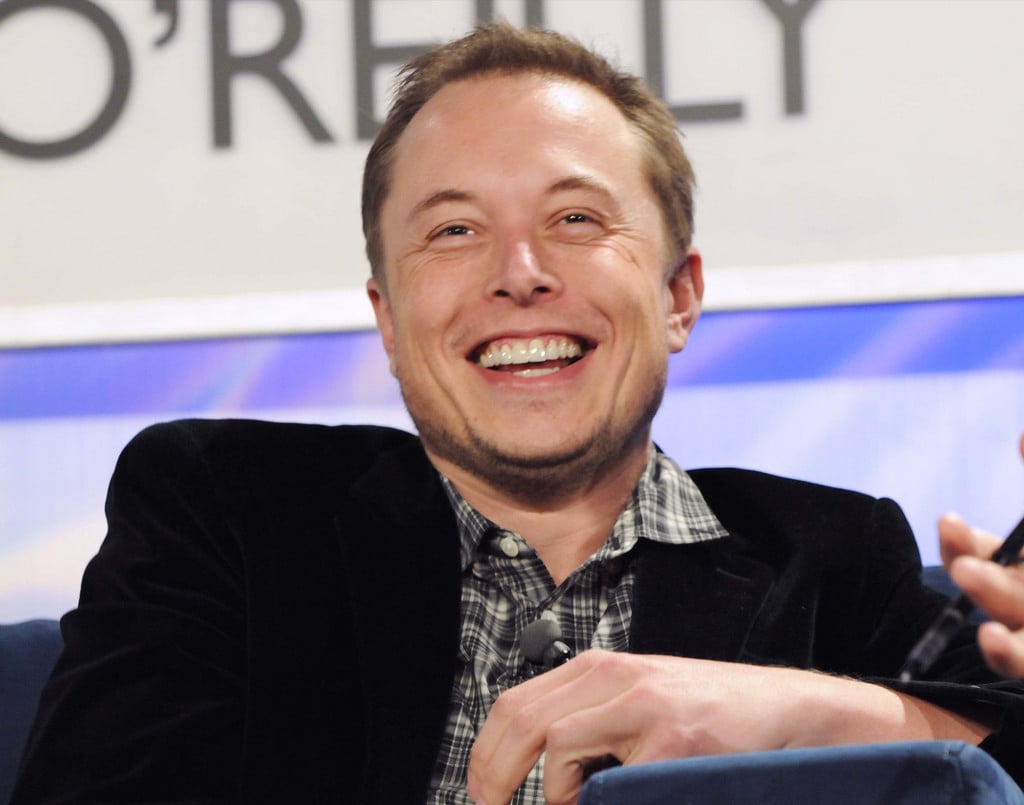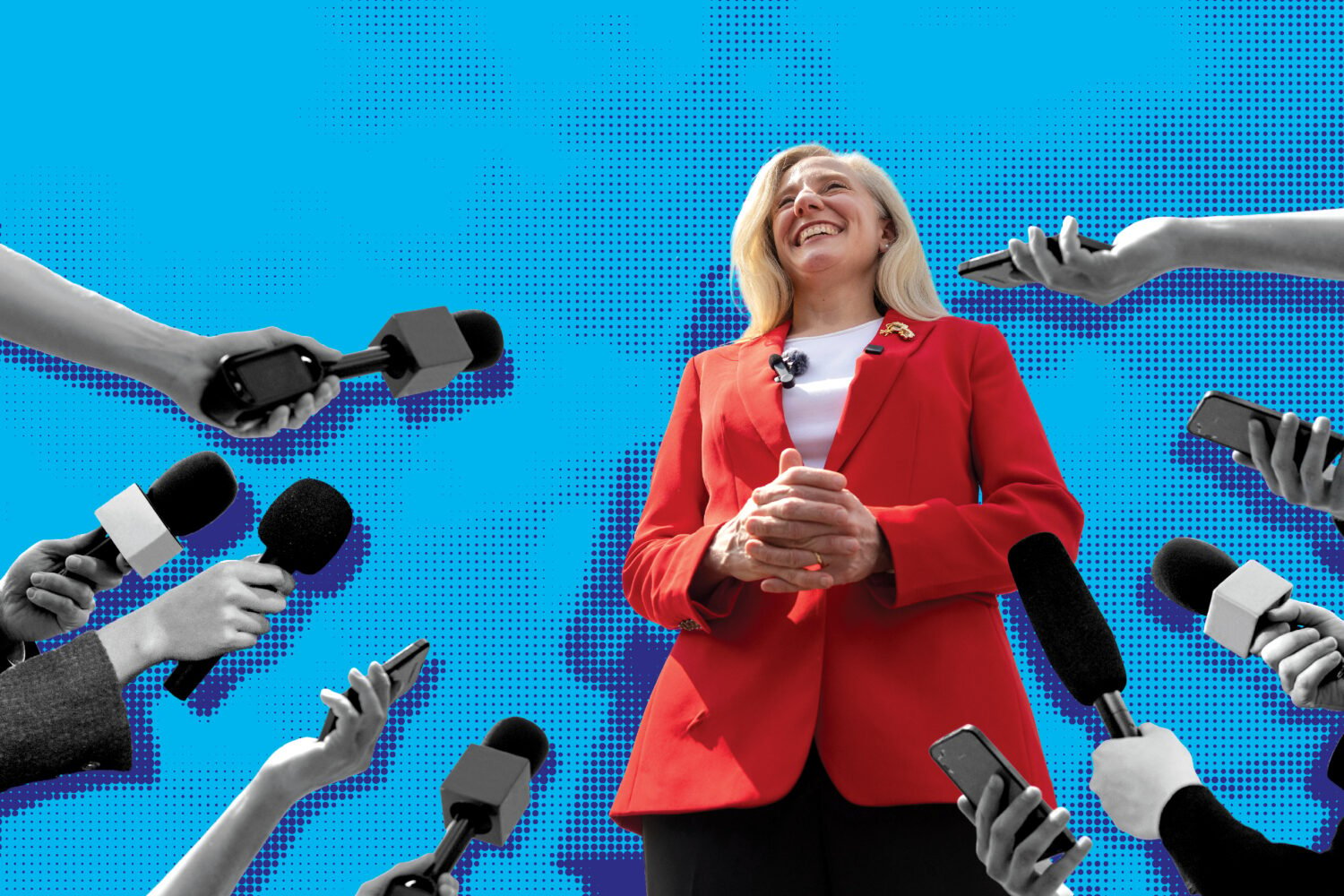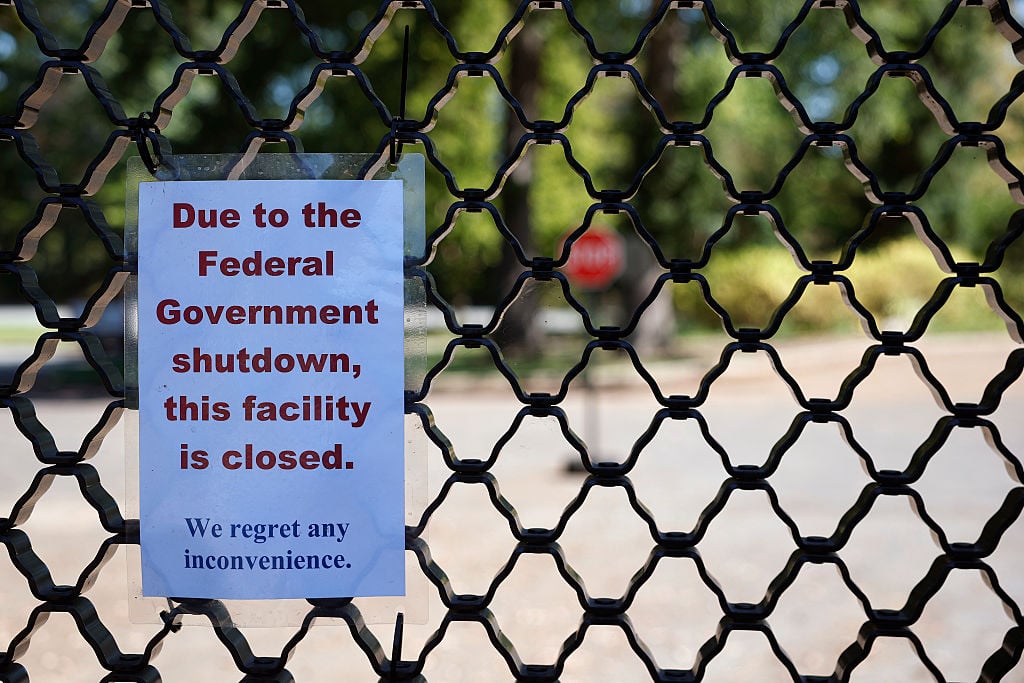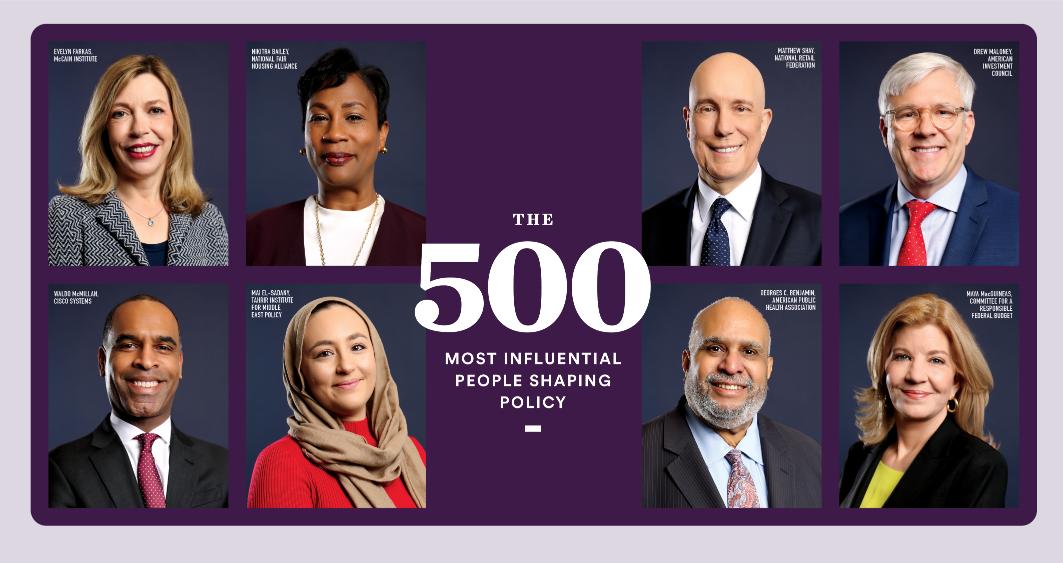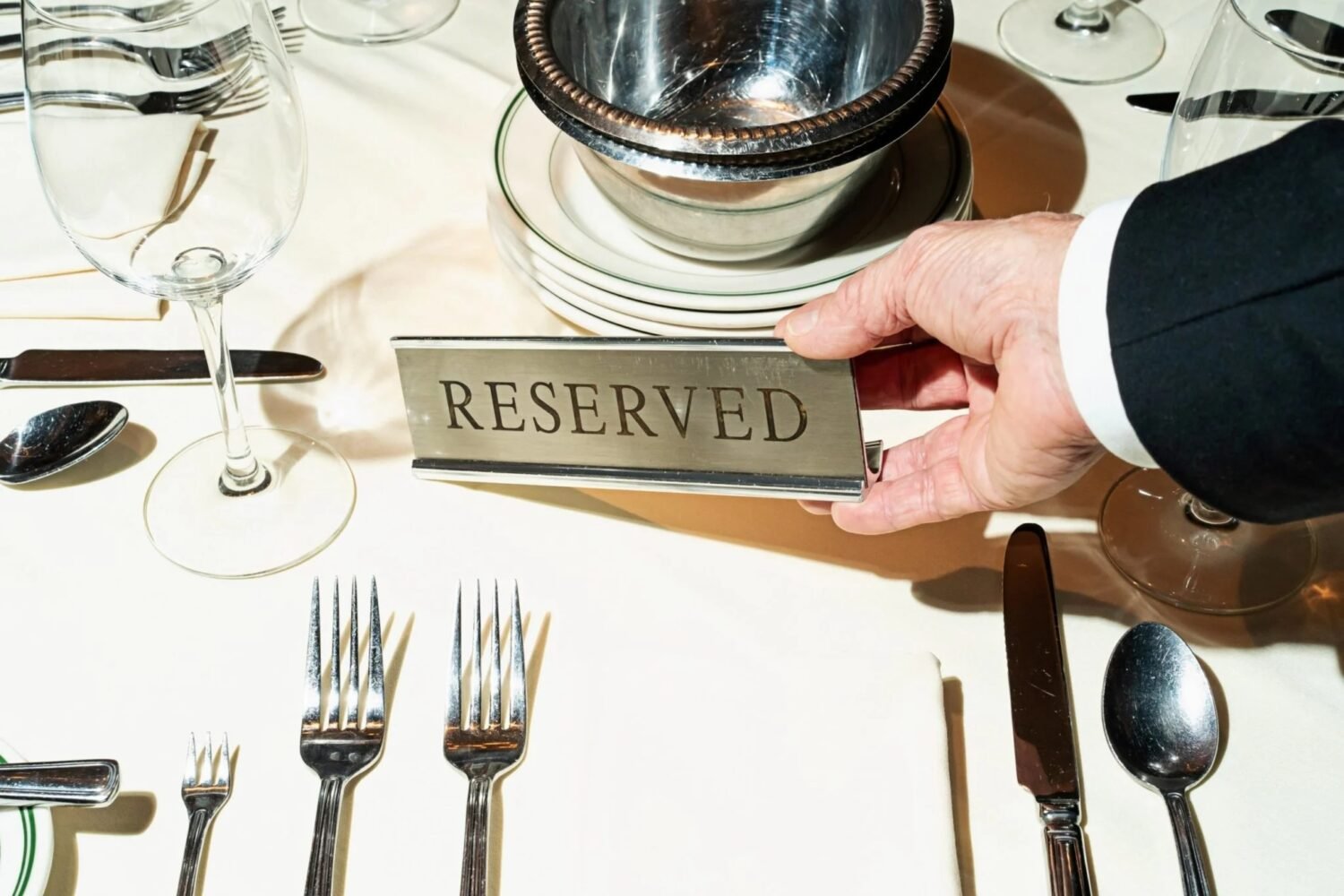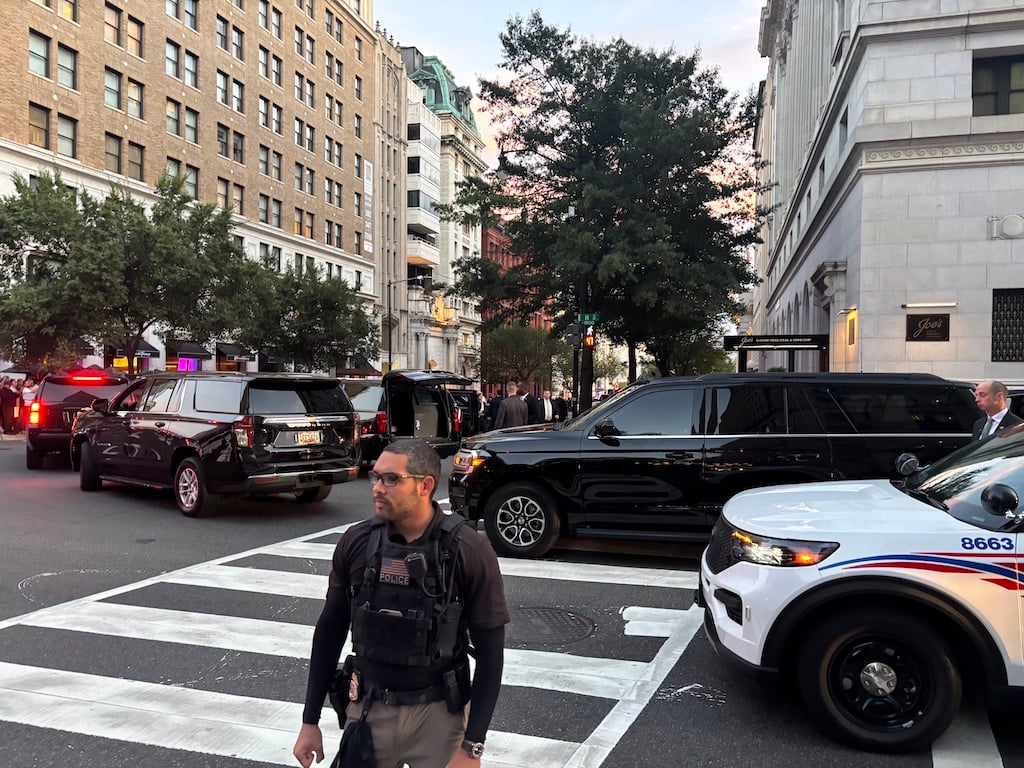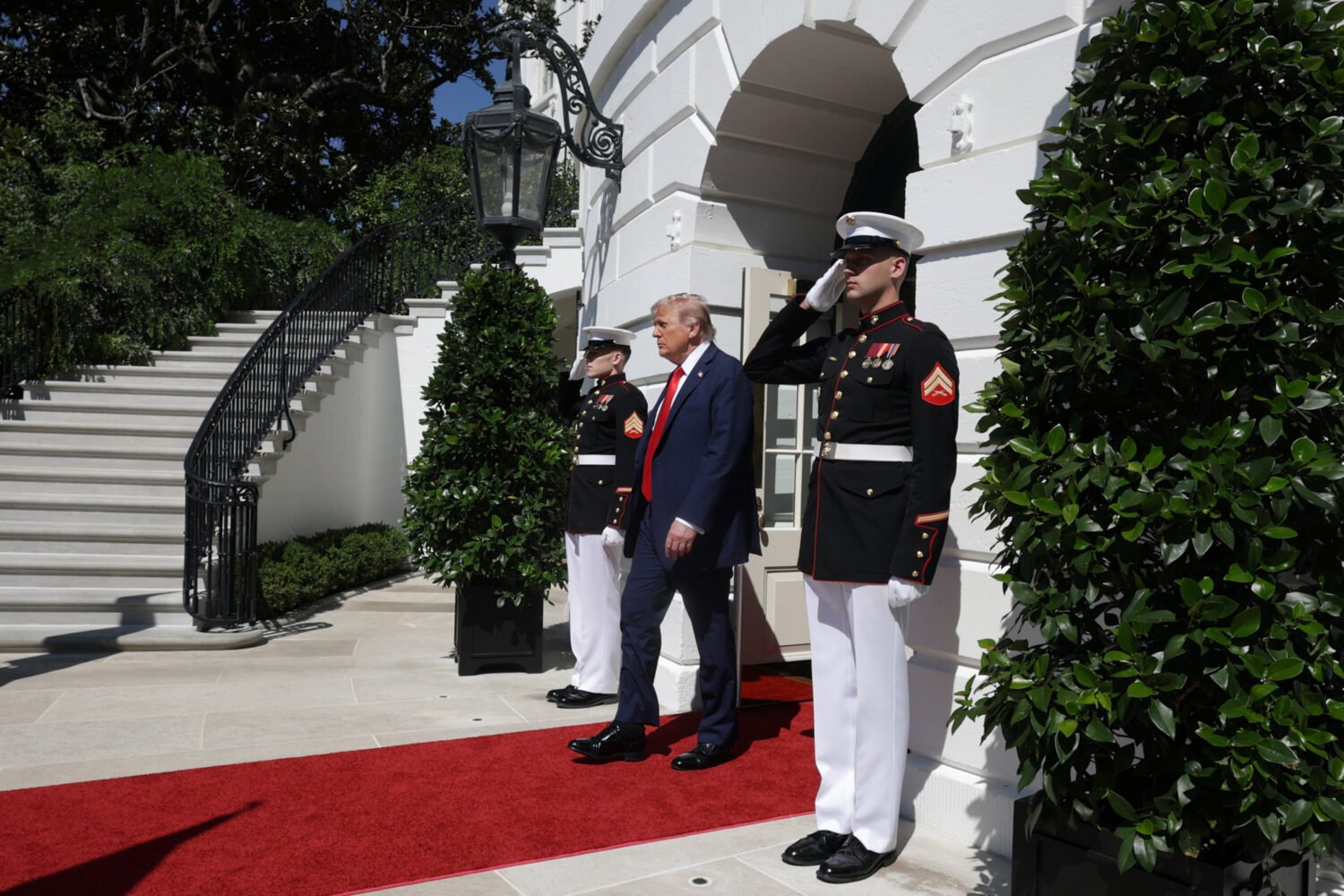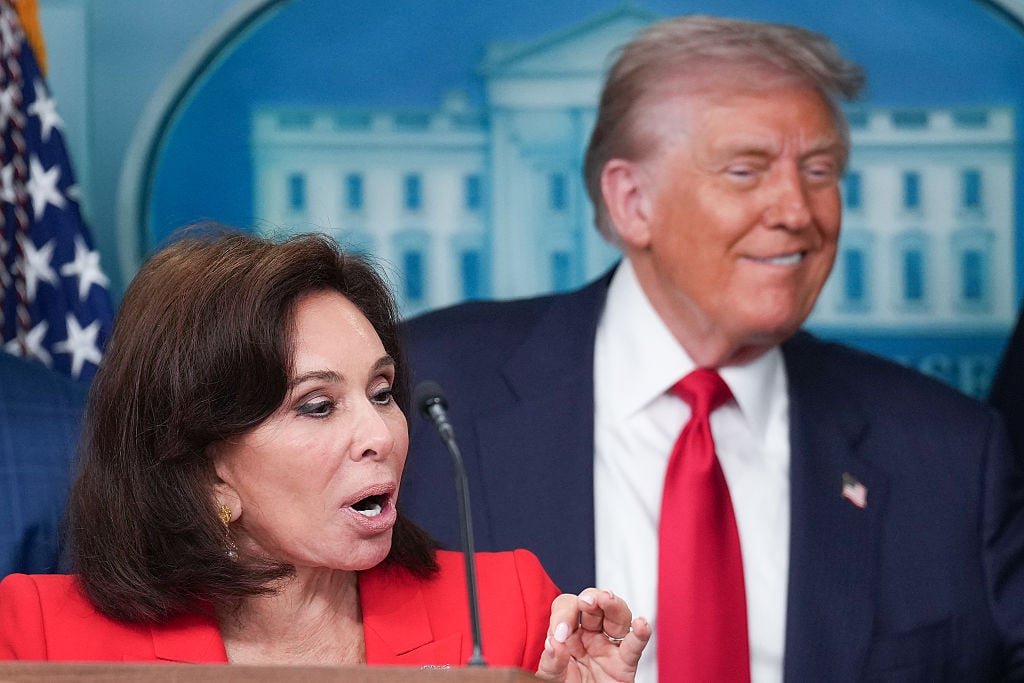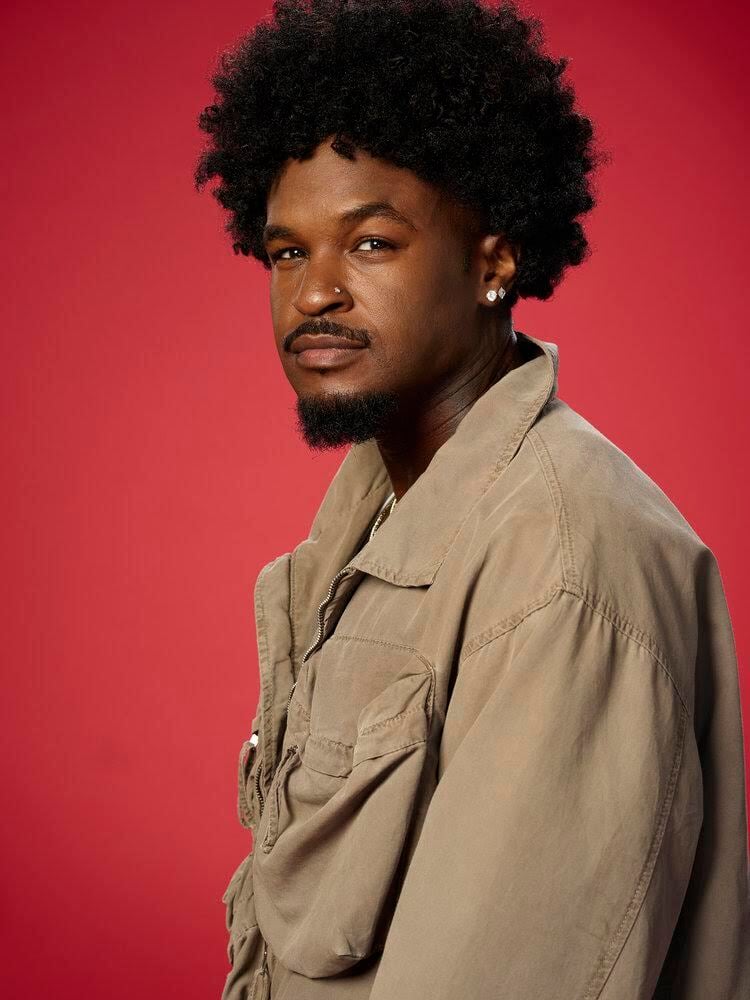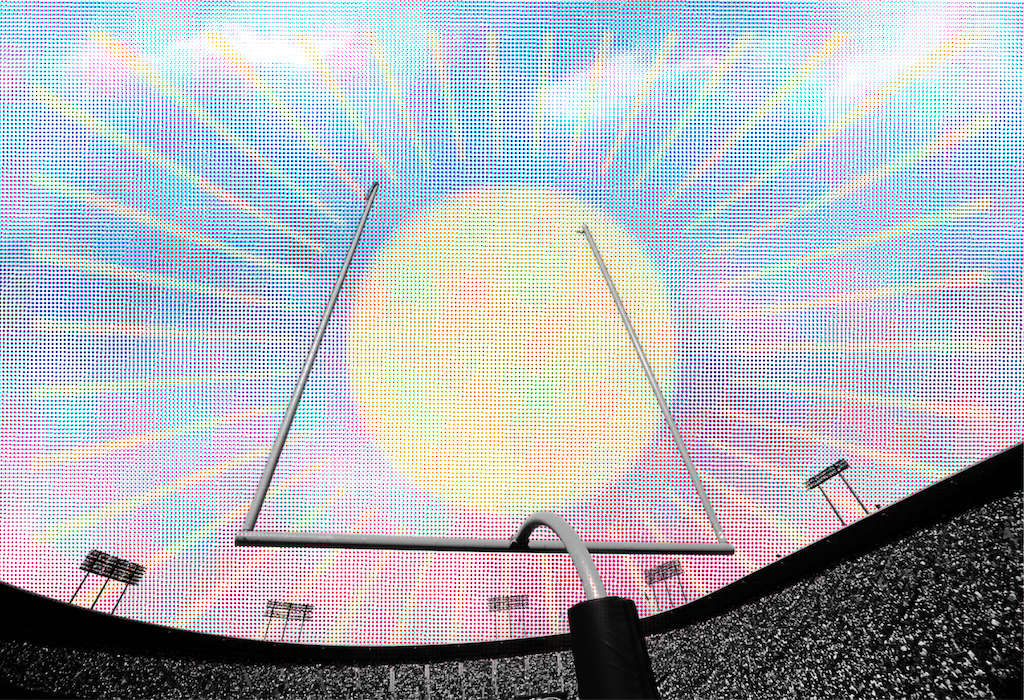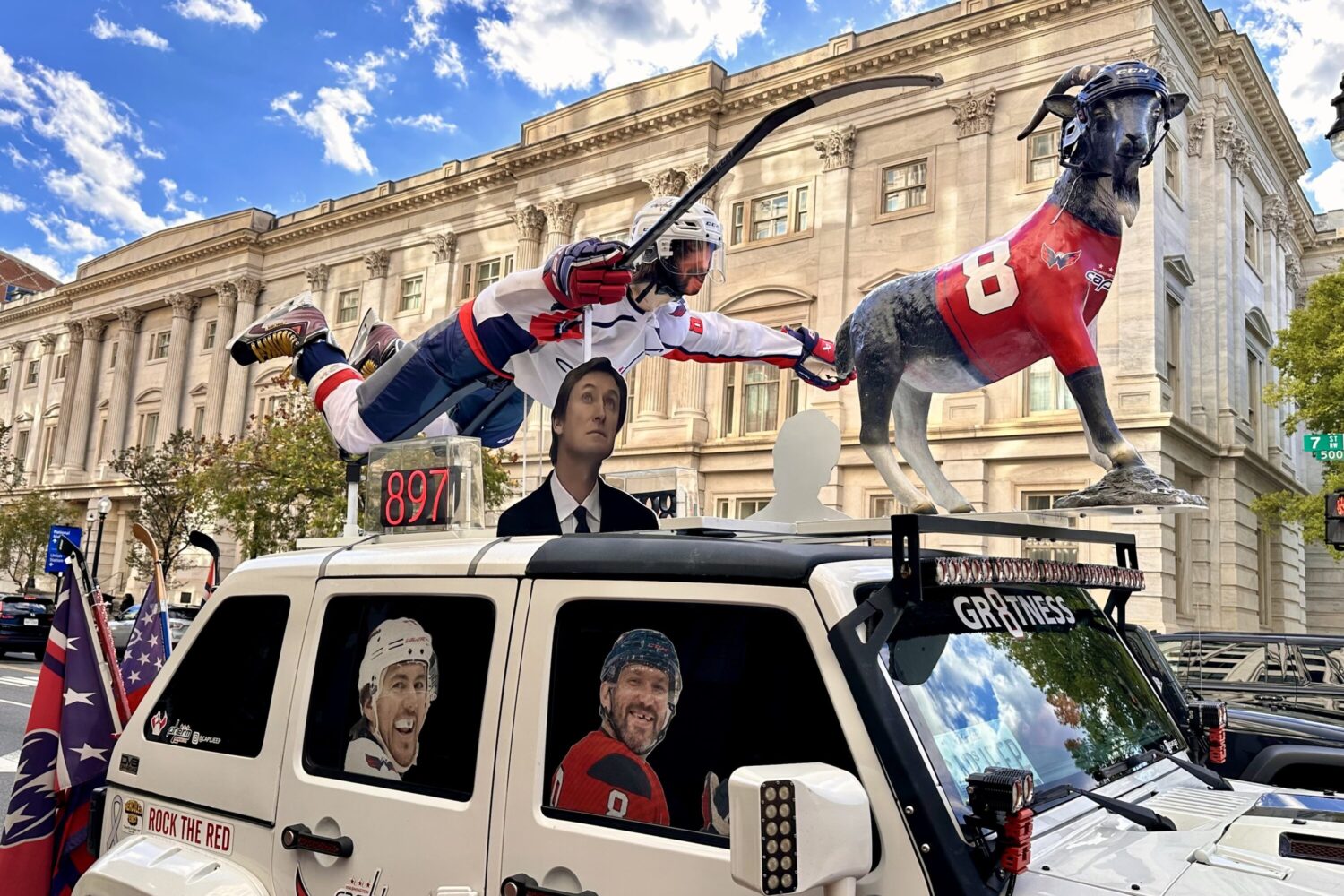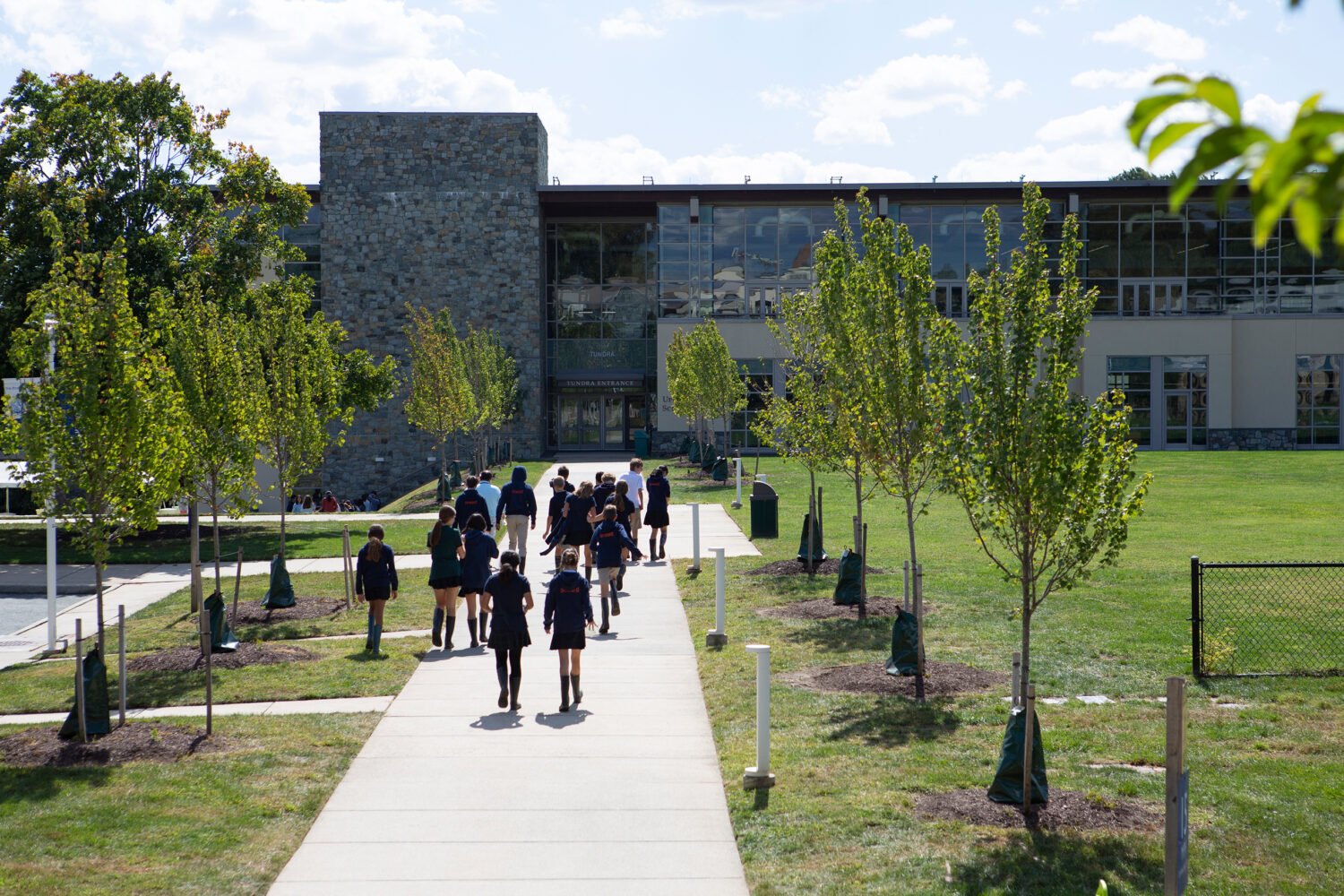Back in April, when Chris Leiter first got his Cybertruck, other drivers found it so distracting that they would almost hit him trying to take pictures. Most of that attention was admiring, but some was negative—the Cybertruck is closely associated with its controversial maker, Tesla CEO Elon Musk. Strangers sometimes stop Leiter, who lives in Hagerstown, to ask how he could own such a car. “I have to agree with them,” he says. “I do not like the things Elon says and does.” He’s wondered if he should get rid of his Cybertruck and the two additional Teslas he owns—but he hasn’t. “The thing is, I just like them too much.”
Many Tesla owners are currently facing this conundrum: They love their cars, but they’re embarrassed by the man who made them. For years, Musk has vexed the Tesla community with his defiance of Covid protocols in his factories, his bumpy takeover of Twitter, his strange public utterances, and pranks that grabbed the attention of the SEC. Then came his July endorsement of Donald Trump.
“I’m not real happy with Elon Musk’s behavior,” says Lisa Heflin, of New Market, Maryland, who got her first Tesla in 2018. “When I bought it, the company’s mission was to transition the world to sustainable energy, and I felt strongly that I could get behind that.” But these days, she jokes about getting the popular bumper sticker that reads, “I bought it before Elon went crazy.”
Once a pioneer of green technology, Musk is now fully MAGA. In the run-up to the election, he personally spent $130 million to support Donald Trump, and lately he’s swanning around Mar-a-Lago advising the president-elect. In the new administration, he’s poised to become co-director of a made-up agency called the Department of Government Efficiency, where he’s expected to try to slash the federal workforce.
With Musk set to arrive in DC, the local Tesla community is astir—some thrilled, others wary. “Elon can do things that nobody else can do, and if anybody knows how to make things more efficient, it’s him,” says JD Taylor, president of the Maryland Tesla Owners Club. But Jeff Luke, a Tesla owner from Silver Spring, says driving around DC is currently “a little bit embarrassing.” “I really love the car and I’m sad that [Musk] has kind of ruined the experience for me,” he says.
Mel Hsieh of Arlington feels mixed. Socially liberal and fiscally conservative, he owns two Tesla Roadsters, one Model 3, and a substantial amount of Tesla stock. Sometimes, his more left-leaning friends accuse him of making excuses for Musk, but Hsieh says he’s capable of separating the creator from his creations. “I personally don’t agree with his politics, but I do think he’s an incredible engineer and businessperson, and I think he’s a net good for society.” Likewise, Leiter admires Musk’s engineering achievements. “But as a person, he drives me crazy,” Leiter says. “He’s a cancer on the whole political scene.”
Ironically, Leiter finds that the most vitriolic reactions to his Cybertruck come from the right: “Trump supporters are the worst offenders, because they don’t like electric cars,” he says, describing drivers with MAGA bumper stickers occasionally swearing at him, flipping him off, swerving at him, or cutting him off and slamming on the brakes. Luke says other Tesla owners have posted in online forums about anti-EV folks vandalizing their cars.
And these Tesla forums, too, have been afflicted by Musk-related strife. Michael Matthews is a moderator of the Tesla Owners Club of Maryland Facebook group, where he says civil discussion of Musk has become “pretty rare lately.” Respectful comments are allowed, but the group is split between Musk critics and enthusiasts, so threads about him tend to go off the rails. Matthews says he’s basically banned any talk of Musk at all because “it’s so hard to keep it civil.” The forum is meant “to discuss owning a Tesla, not the owner of Tesla,” he says.
Most companies don’t want a CEO so divisive that even people who love his products can’t discuss him respectfully. “As a shareholder, I felt like it might be bad news for me,” Hsieh says of Musk’s recent lurch to the right. But actually, Tesla stock has shot up since the election, and—in light of Musk’s influence on the president-elect—many expect the company to continue to boom. Luke is also a shareholder, and he feels mixed about profiting from Trump’s victory. “In some ways, I’m happy,” he says. “On the other hand, it feels a little like blood money.”
But even if Musk’s new political perch is good for his companies, it might not be good for the government. Multiple Tesla owners brought up Musk’s chaotic takeover of Twitter, plus pervasive complaints about the quality of Tesla’s service centers, as evidence of his uneven leadership. “He’s clearly a genius about a lot of things,” Matthews says, but not the nuts-and-bolts of running complex organizations—that aspect is “very boring and non-flashy, and I suspect that’s why Elon doesn’t care about it.” He worries this inattention will plague Musk’s work as efficiency czar, too. “I don’t think he has a clue how government works, and I have grave concerns about what he’s going to do.”
Hsieh shares Matthews’ concern. “Elon’s MO is to cut the fat from an organization by firing tons of people,” he says. “It’s drastic, it’s extreme. Then he hires them back, one by one, to get things working again.” While Hsieh supports increased government efficiency, particularly to control the national debt, he is worried about the ripple effects of Musk’s slash-and-burn style. “I don’t know if you can do that with the federal government,” he says. “I feel like it’s going to be very ugly.” But JD Taylor—who doesn’t support Trump—thinks Musk could be a steadying influence on the new administration “Elon will do whatever he can to help humanity,” he says. “I’m hoping that he can be a rudder to help steer Trump in the right direction.”
Asked if they’d buy another Musk-affiliated car, many local Tesla owners paused. They spoke of their love of the vehicles: the futuristic technology, quiet engines, environmental benefits, and great engineering. A few mentioned that, because of Tesla’s unparalleled charging network, switching to a different electric vehicle would feel like a loss. Jeff Luke says that if he needed a new car today, he’d buy a Tesla—but he’s hoping that a few years from now, the electric vehicle landscape will have changed. “At this point, I’m waiting for [Tesla’s] competitors to catch up,” he says. “And if they do, I’d probably buy a different brand.”

